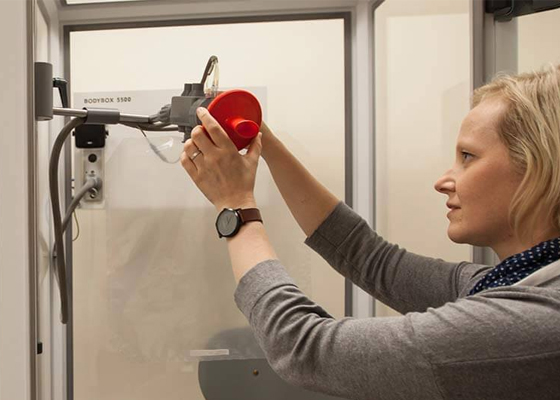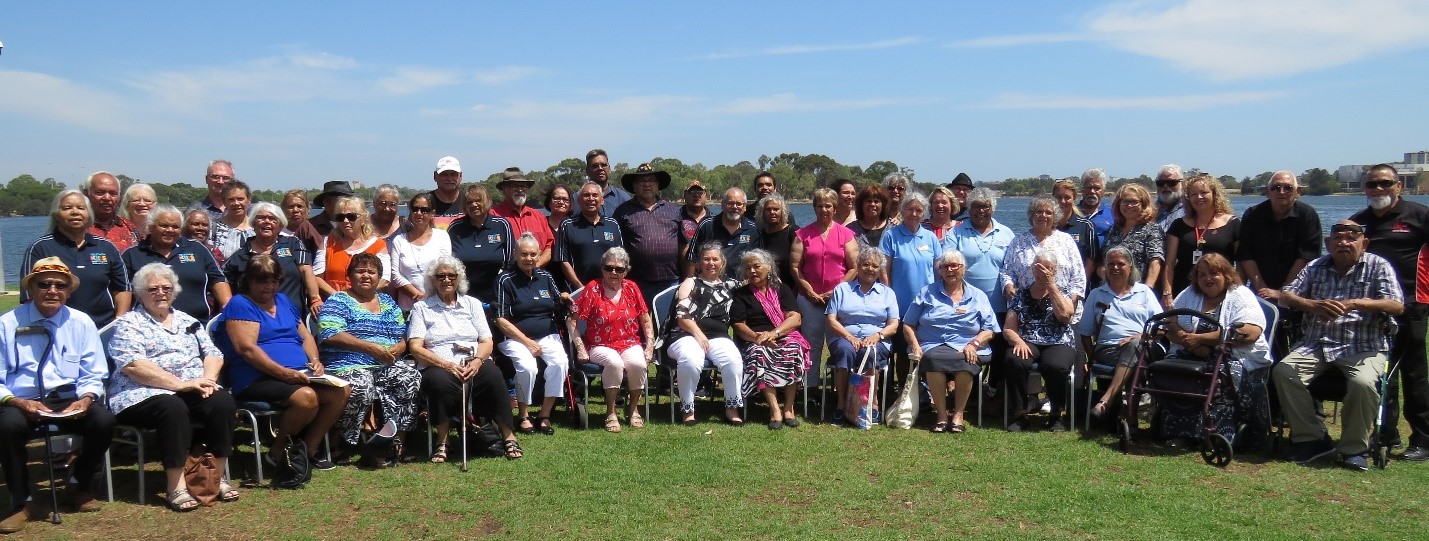Search
Research
Airway-associated adipose tissue accumulation is increased in a kisspeptin receptor knockout mouse modelAirway-associated adipose tissue increases with body mass index and is a local source of pro-inflammatory adipokines that may contribute to airway pathology in asthma co-existing with obesity. Genetic susceptibility to airway adiposity was considered in the present study through kisspeptin/kisspeptin receptor signalling, known to modulate systemic adiposity and potentially drive airway remodelling.
Research
From hype to hope: Considerations in conducting robust microbiome scienceMicrobiome science has been one of the most exciting and rapidly evolving research fields in the past two decades. Breakthroughs in technologies including DNA sequencing have meant that the trillions of microbes (particularly bacteria) inhabiting human biological niches (particularly the gut) can be profiled and analysed in exquisite detail.
Research
The intensity of a resistance exercise session can be quantified by the work rate of exerciseAthletes regularly perform resistance training, yet it is unknown how best to monitor its intensity. This study compared different resistance exercise intensity metrics to determine their sensitivity to manipulating work rate (via altering inter-set rest and load).

Research
The Sibling ProjectThe Sibling Project focuses on the wellbeing, relationships and needs of children, adolescents and emerging adults who have a sibling with a developmental disability.

Our vision is to increase awareness and improve outcomes for children with movement disorders and other neurodevelopmental conditions impacting on motor function.

We're searching for answers to some of the most common and complex childhood diseases, conditions and issues. In addition to our four research themes (Indigenous Health, Brain and Behaviour, Chronic and Severe Diseases, Early Environment), you can also discover more about specific research we're involved in and the technology we use.
Research
Language in Little Ones (LiLO)The Language in Little Ones (LiLO) study is a five-year longitudinal study (2017-2021), funded through the National Health and Medical Research Council. The study investigates the quantity and quality of language exposure in the home environment during the first five years of a child’s life.
Research
Epidemiology of childhood diabetes in Western AustraliaThe objectives of this study are to study the epidemiology of childhood diabetes in Western Australia from 1985 onwards.
Research
Provision of Engagement Services for the AEDCSupport services to the Department of Education and Training and the AEDC State and Territory Coordinators and their support staff across Australia.

The third Big Elders meeting/gathering was held on the 26th of February 2019 at Burswood on Swan.
